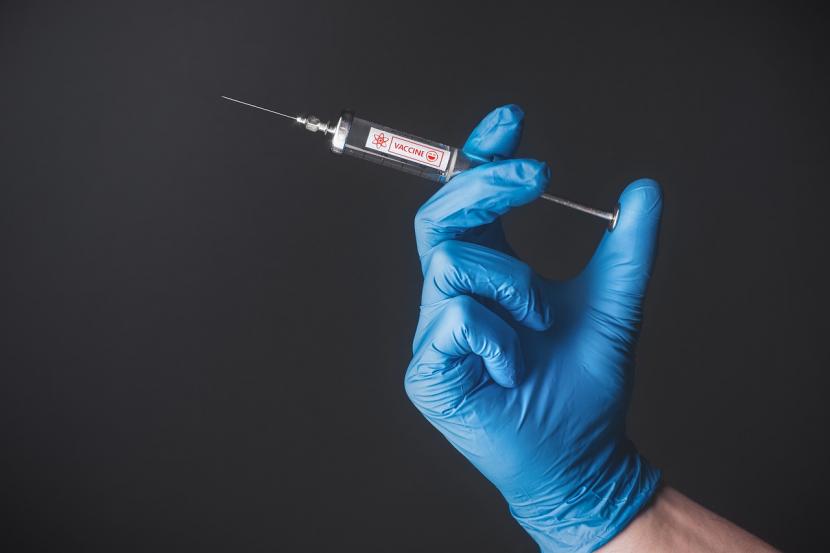BioNTech scientists believe cancer treatment is on the horizon.
REPUBLIKA.CO.ID, JAKARTA – The long road to the development of anticancer drugs has finally found a bright spot. The research team behind the Pfizer / BioNTech COVD-19 vaccine is optimistic cancer vaccine it will be ready by 2030.
Scientists Ugur Sahin and Ozlem Tureci, who are also founders of the pharmaceutical company BioNTech, believe a cancer treatment is now in the offing. They claim to have had several breakthroughs in the development process.
The pair of researchers attributed these advances to the success of their company’s COVID-19 vaccine, which uses mRNA technology to carry genetic instructions and kill the COVID-19 virus. It does this by having cells produce harmless spike proteins, which are then used as indicators that tell the immune system what to attack and what to defend against.
According to Sahin and Tureci, the same approach can be taken to develop a cancer vaccine. Theoretically, this would be possible by setting the immune system to target cancer cells. Instead of instructions for attacking the virus, the vaccine will provide genetic instructions to neutralize cancer antigens or proteins on the surface of the cancer cells.
Even before the Covid-19 pandemic, BioNTech had been working on an mRNA cancer vaccine, but according to the team, the growing demand and use of the COVID-19 mRNA vaccine during the pandemic made them optimistic about the potential success of a cancer vaccine.
Tureci explained that BioNTech has found a way to produce mRNA vaccines more quickly during a pandemic, while gaining a deeper understanding of how the human immune system tends to respond to mRNA vaccines. Externally, the launch of such vaccines also allows regulators to be more efficient in approving and monitoring public use.
Reported by chewable, On Friday (10/21/2022), BioNTech plans to develop drugs and repairs for colon cancer, melanoma and other forms of cancer, although there is still a lot of research and testing to be done and many challenges to overcome. For example, the cancer cells that make up tumors may have more proteins, making it difficult for vaccines to target only cancer cells without affecting healthy ones.
This is why researchers are still reluctant to confirm a complete cure for cancer. “As scientists, we are always reluctant to say that we will have a cure for cancer. But we have a number of discoveries and we will continue to work on them, “Tureci said.


